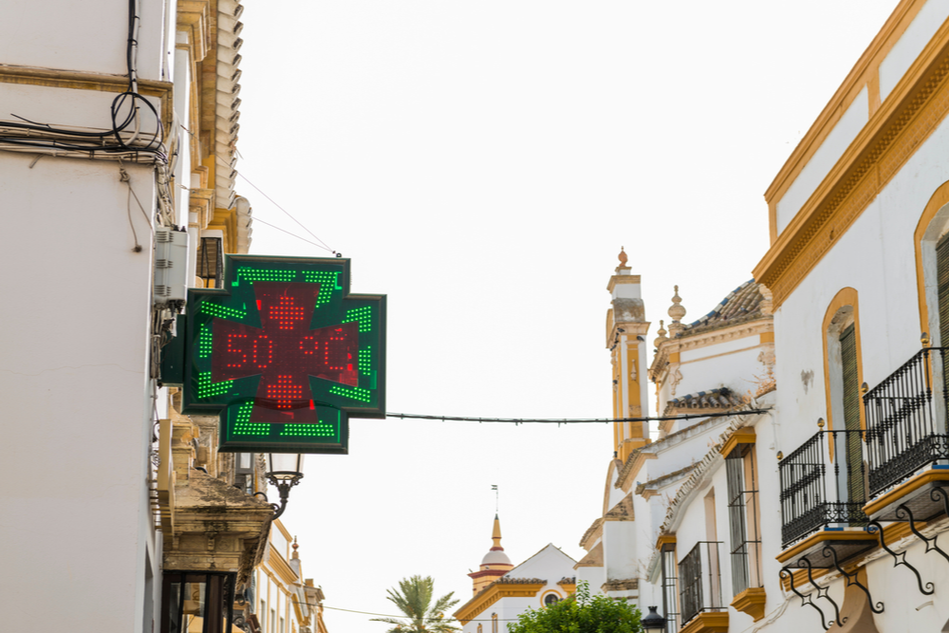Science
From mathematics and AI to medicine and psychology, The Optimist Daily features the latest news on discoveries, technological advances, and breakthroughs in the world of science. Our Science section is here to engage and enlighten you.

4 things that keep Canadian traffic fatalities lower than the US
While traffic-related fatalities increased in the United States by 19 percent between 2010 and 2020, Canadian rates declined by about the same amount in that time. Many consider Canada culturally very similar to the US, but when it comes to traffic safety, they have more European attitudes. Here Read More...

Diagnosing hearing loss with a simple speech test
According to the World Health Organization, more than 1.5 billion people live with some degree of hearing loss. Currently, to test the severity of an individual's hearing defect, lengthy examinations are carried out or sometimes not at all. Research conducted by the Massachusetts Eye and Ear Read More...

Germany gets ahead of winter with its huge heating tower
Germany has set to work on an enormous thermos to help heat its citizen’s homes this winter while stepping away from its reliance on Russia’s fossil fuel industry. Germany’s huge heat tower The thermos tower, which stands at almost 150 feet and can store an astounding 15 million gallons Read More...

Octopus and human brains have incredible similarities
Octopuses’ are some of the intelligent animals inhabiting our diverse planet. Their extensive neurological system is made up of 500 million neurons, similar to that of a dog. But unlike a dog where most of these neurons are located in their brain, over two-thirds of octopuses' can be found in Read More...

AI could identify chickens in distress and improve conditions
We’ve already written before about AI’s potential to improve pigs’ lives by listening to them. Now, scientists have found they can use AI on another barnyard favorite: chickens. Artificial intelligence can help the happiness and well-being of chickens by listening to them and determining Read More...

An "exercise pill" could be in our reach
Exercise is necessary for maintaining physical and mental health, and improving our quality and length of life. But for people who find it difficult to exercise due to age, medical conditions, and time, these benefits cannot be reaped. But what if we could get some of the advantages of exercise, Read More...

Seville becomes first city to name and classify heatwaves
When a tropical storm or hurricane gets bestowed a name, people know to take weather warnings seriously and to prepare their households accordingly. Now, the southern Spanish city of Seville is taking the same approach to heatwaves, becoming the first in the world to name and classify these Read More...

Artificial photosynthesis helps plants grow with no sunlight required
Plants use a special natural process called photosynthesis to grow, mature, flower, and produce fruit. Photosynthesis is the way in which plants absorb energy from sunlight and use it to make their own food out of carbon dioxide and water. For years, scientists have been investigating this Read More...

Shapeshifting bacteria are the key to understanding UTIs
Most women have had the unpleasant experience of a urinary tract infection (UTI), with nearly one in three women requiring antibiotics before the age of 24 to treat the condition. 80 percent of these infections are caused by uropathogenic E. coli (UPEC), a bacteria with increasing resistance to Read More...

Don’t toss that dead mosquito! Mail it to this scientist instead
It may sound like a strange request, but Canadian scientist Dan Peach is asking people to send him dead mosquitos via post. Each squished bugger, argues Peach, can provide useful insights as he explores exactly how far mosquitos are traveling as a result of global warming. Climate change and Read More...


